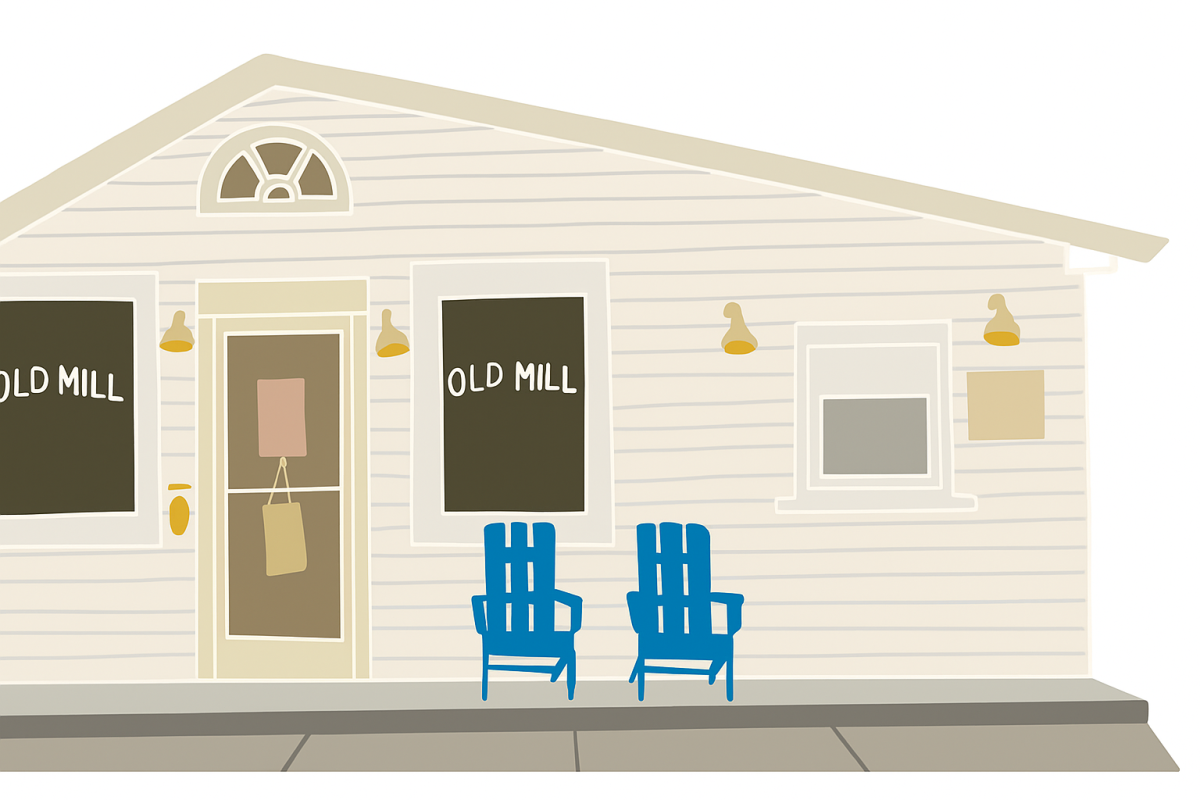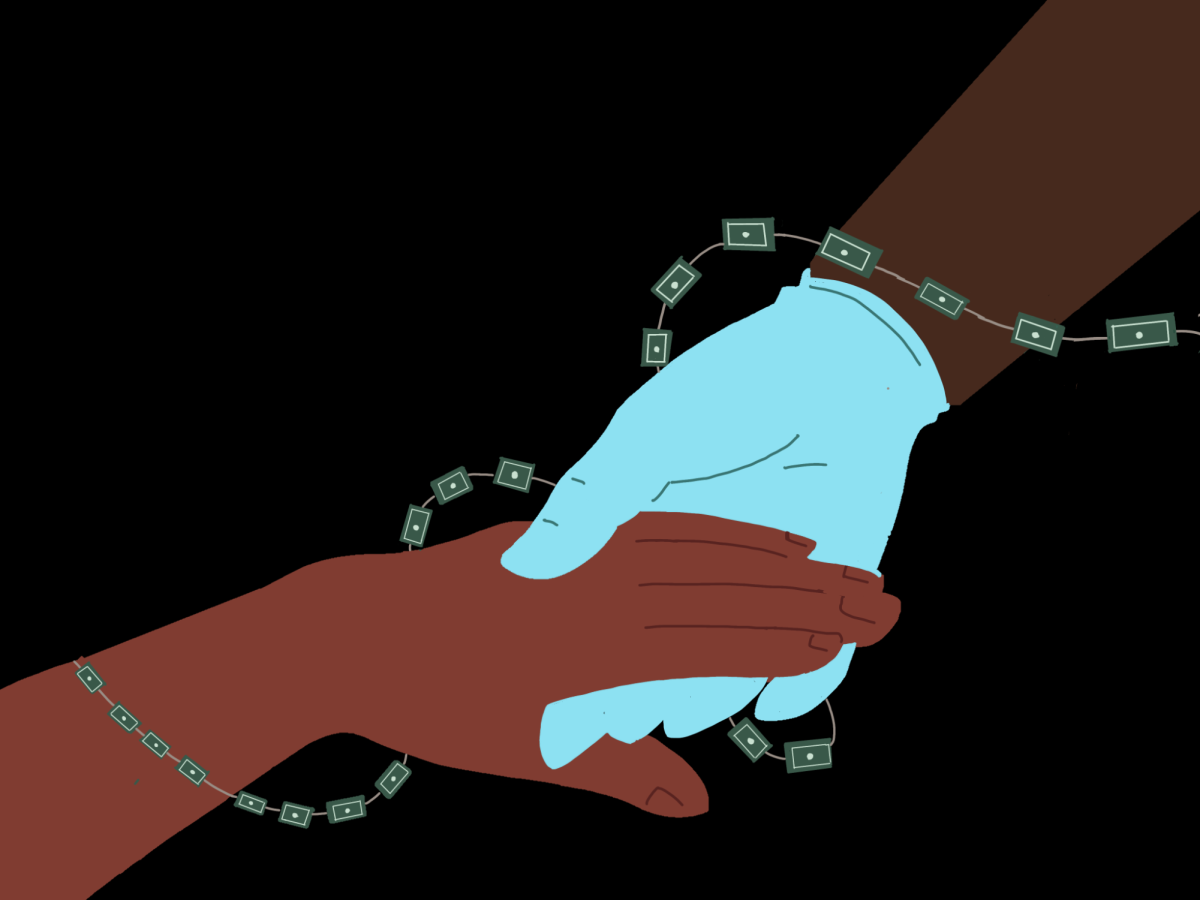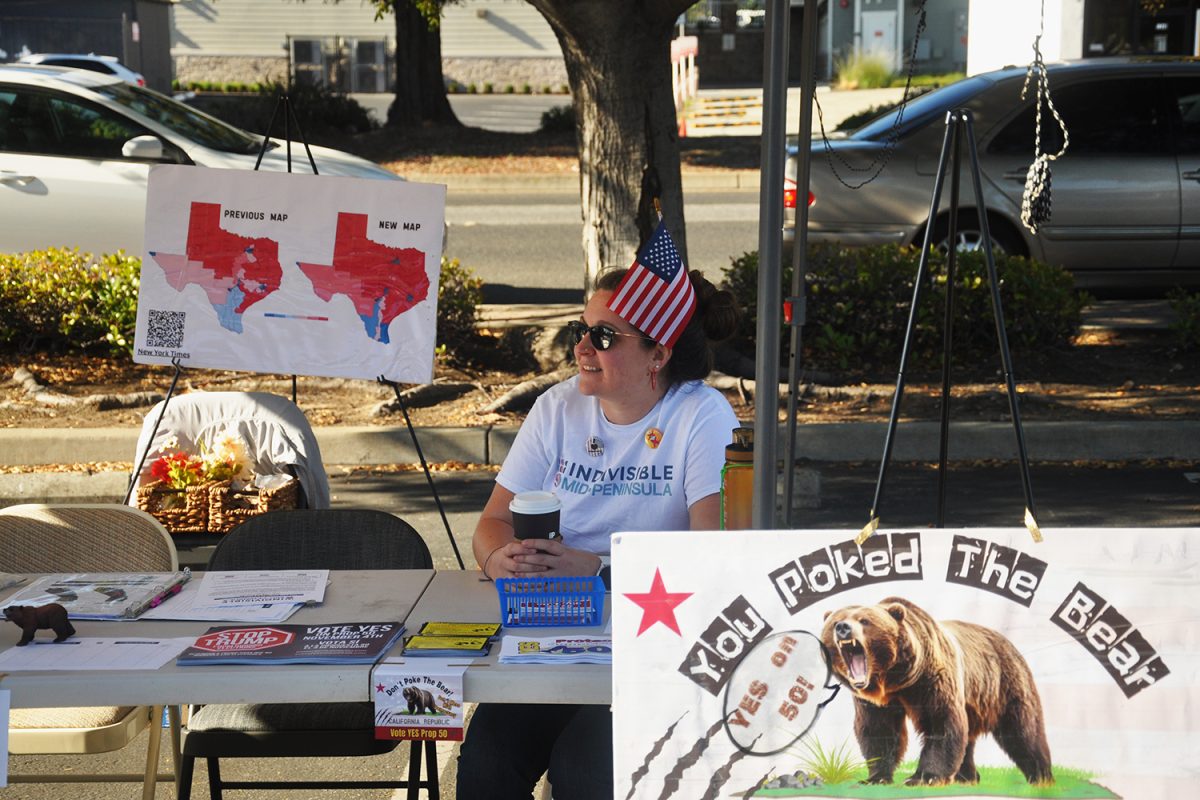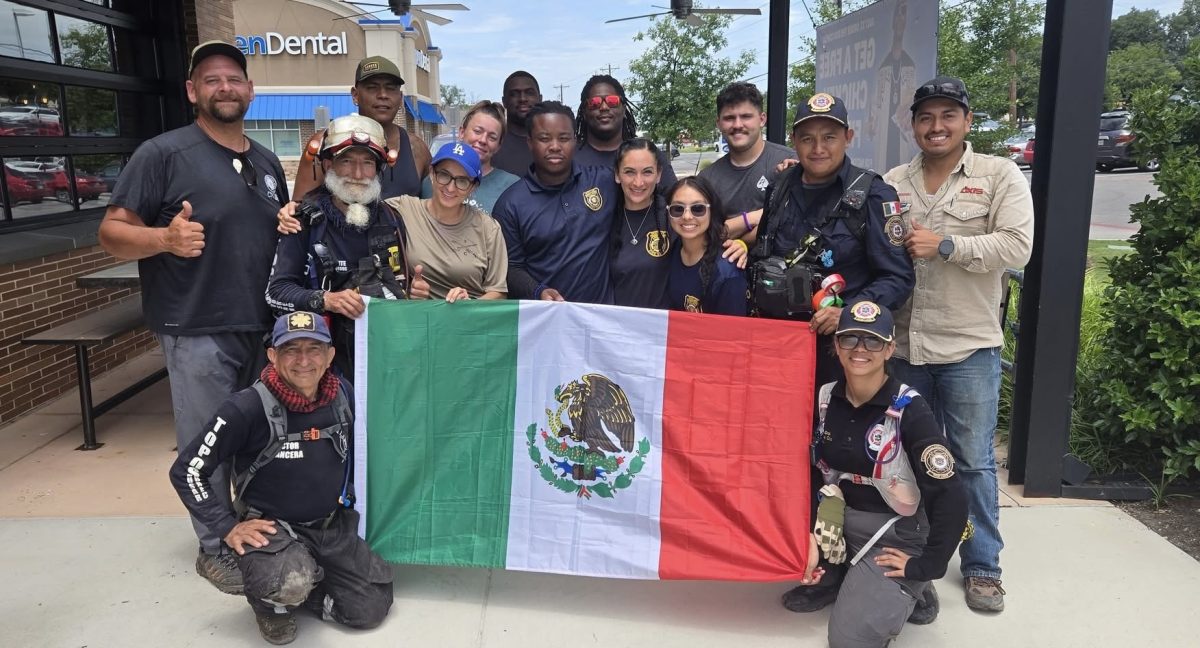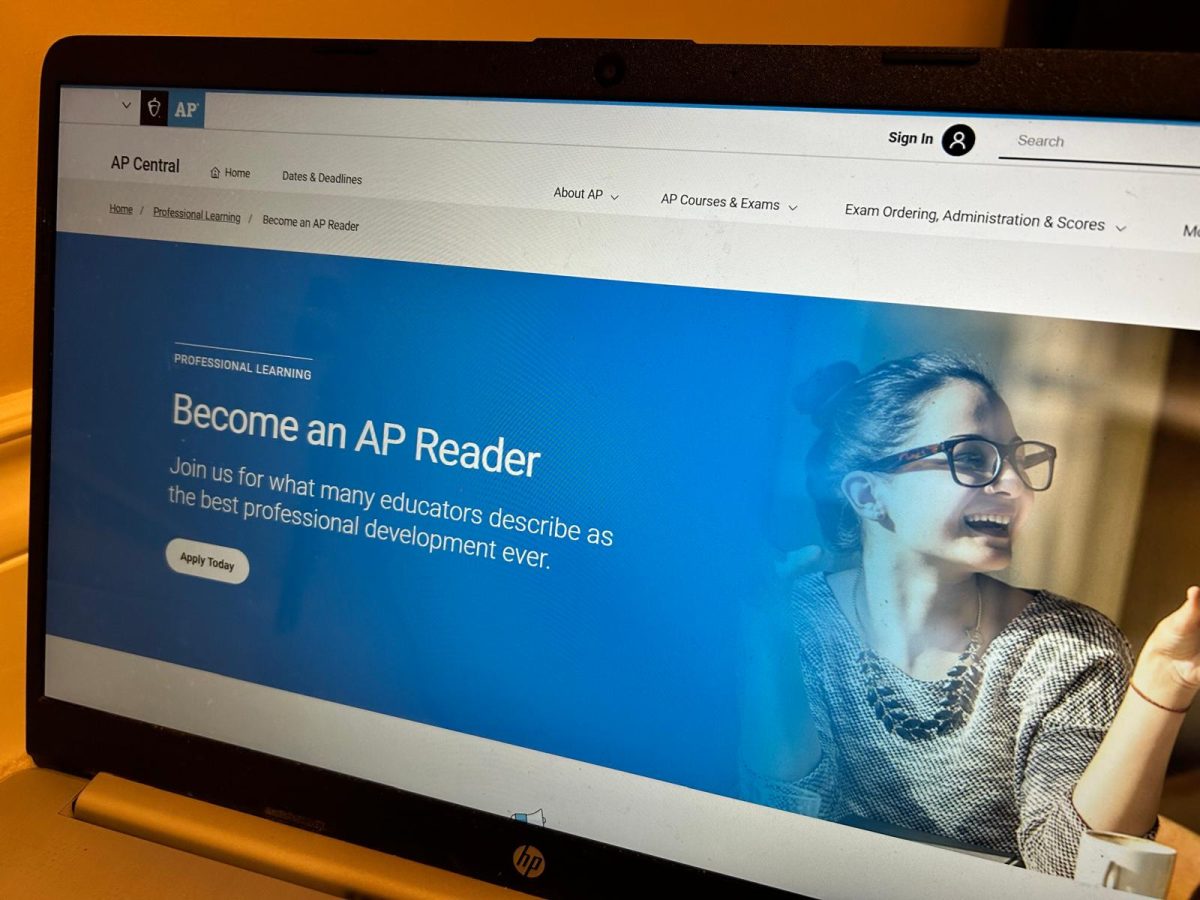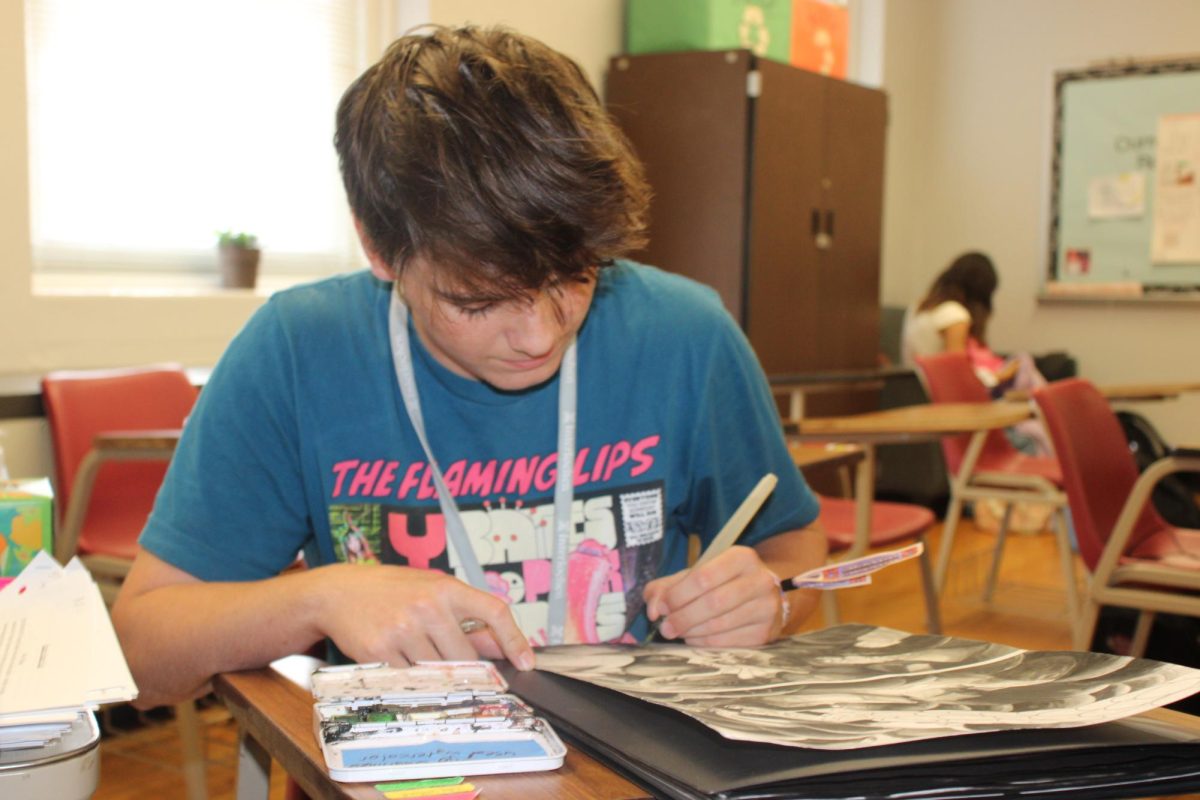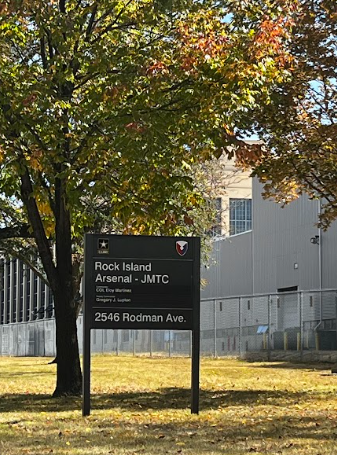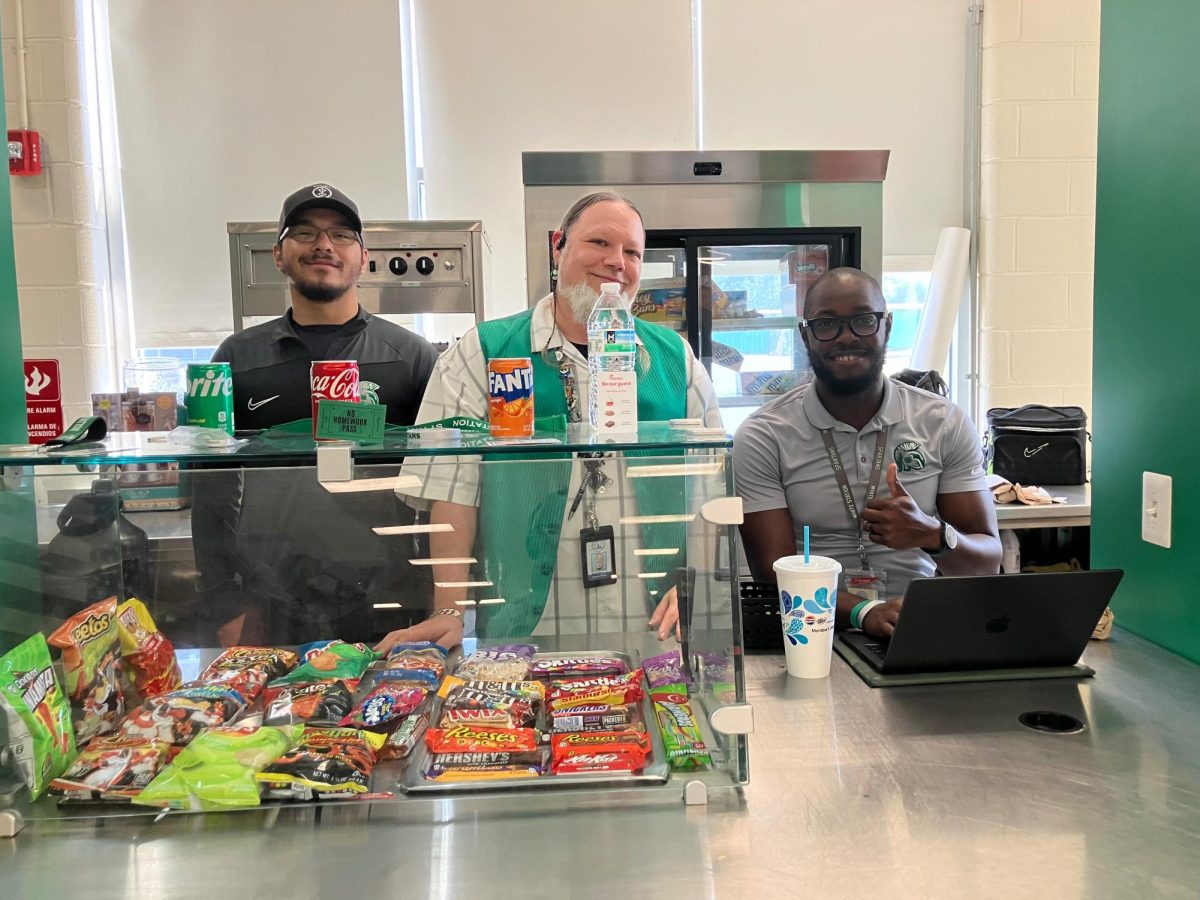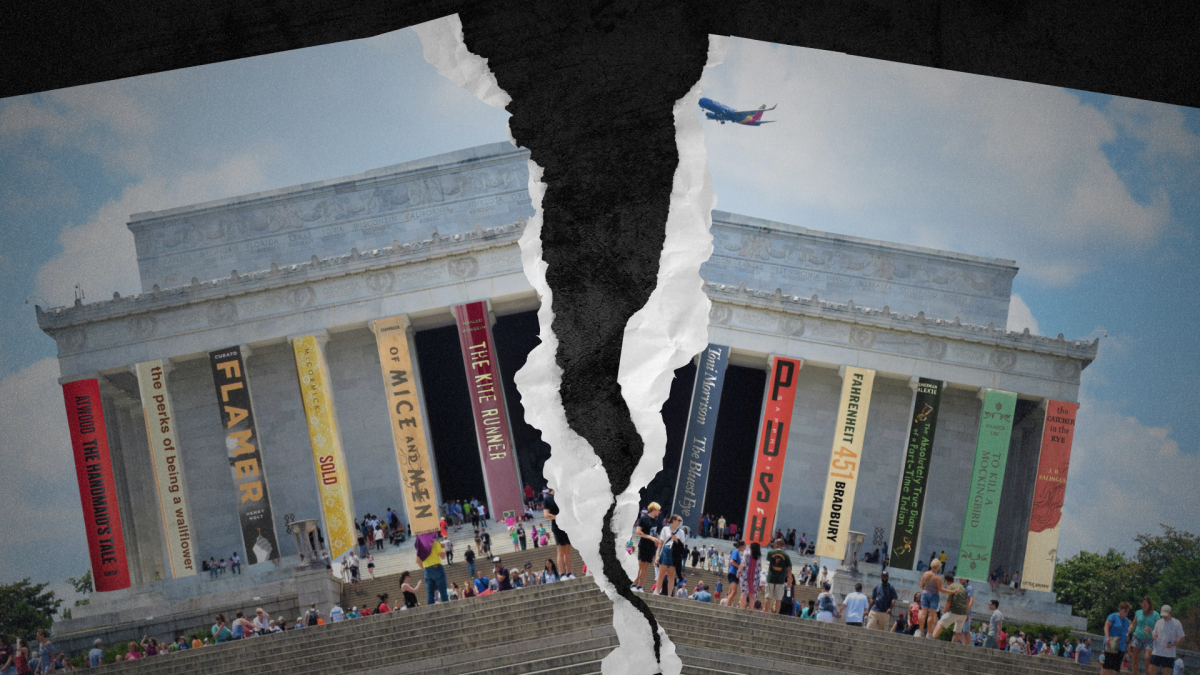For millions of Americans, from students to constituents, the previously-noble pursuit of knowledge has been reduced to a pursuit FROM knowledge. On multiple fronts, American society is scrambling over itself to abandon critical thinking. From devaluing expertise to replacing human learning with machine learning, we are witnessing a disturbing rise of anti-intellectualism across the United States. Yet we have a responsibility to defend knowledge, in every context.
One of the most pervasive threats to intellectualism happens in our schools. Academic rigor and veracity is attacked on multiple fronts, from digital to political. Most notably, the development of advanced artificial intelligence (AI) tools have been a massive contributor to this degradation of intellectualism. Students across the country have rejected the productive struggle of real learning in favor of instantaneous, convenient AI answers. While our pre-digital age counterparts were forced to sift through reference books to find support for an essay, or sat staring at a difficult test question, students in the age of AI can simply turn to one of the many tools designed to take the burden of critical thinking off their shoulders. This usage is widespread: in a global survey from the Digital Education Council, 86% of surveyed university and graduate students reported using AI in their studies.
This dynamic of using AI to simply copy down answers or cheat on tests leaves students’ critical thinking skills woefully underdeveloped, devaluing knowledge in favor of mindlessly perfect results. Not only does this disincentivize work, but it allows students to avoid failure or challenges altogether instead of developing strategies to adapt. Worryingly, this lack of intellectual self-sufficiency will likely affect these students in the workforce.
It is easy to trade the struggle and independent thinking of true learning for the convenient answers that artificial intelligence tools, like ChatGPT, give us. Yet schools are a place of learning—education is intended to actually teach you something. On an individual level as students, we have a responsibility to learn the concepts to the best of our ability, even if that means struggling through assignments and asking for (human) help.
Yet the attack on intellectualism doesn’t just come from individual academic laziness or lack of rigor. Institutionally, legislators are stripping intellectualism and authentic learning from schools via political attacks. This winter, the Department of Education, which is now being dismantled, initially directed public schools and universities to eliminate “Diversity, Equity, and Inclusion (DEI)” practices within two weeks or risk losing public funding. Policies like this one have a chilling effect on anything that could be considered DEI in the curriculum—causing teachers to be wary of teaching Black history or mentioning trans people at Stonewall for fear of being reported.
Banning and politicizing fundamental history contributes to the decline in intellectualism. As a country, one of our primary goals should be to raise a well-educated citizenry—not one that blindly follows the political framings of truth and fact. It is imperative that we are taught and engage with the most uncomfortable aspects of American history—ignoring it only perpetuates it.
In the same vein, we have seen a rise in mistrust of expert qualifications and ideas, from doubts about climate change to vaccines. This was particularly prevalent in the COVID-19 pandemic, where dangerous DIY “treatments” were touted as effective and safe. The same trend continues today: cases of measles, a disease eradicated in the US in 2000, are on the rise. The cause? Overwhelmingly, falling vaccination rates and vaccine misinformation. Now more than ever, our society seems to be falling into a worldview that largely mistrusts established knowledge, leaving the door open for conspiracy theories and bad actors.
That’s exactly why we need experts. Supporting the legitimacy of experts and institutions, from engaging with reputable research to recognizing the credibility of respected professionals, is a vital part of ensuring that accurate information is delivered to the public. Without experts, it is dangerously easy for uneducated, unqualified individuals to spread misinformation with potentially hazardous consequences. Expert information is crucial to making informed choices, responding to big world events like pandemics, and learning about new concepts. We cannot allow social media talking heads to become more trusted than our experts—our society would be drastically worse for it.
Accurate information and genuine learning are the linchpin of our society, from education to journalism to scientific discoveries. When we become reliant on artificial intelligence or develop a distrust of all qualified experts, we lose our ability to think critically and truly understand the world around us. The fate of intellectualism rests on our shoulders—it’s imperative that we uphold it.
This story was originally published on Knight Errant on April 8, 2025.


